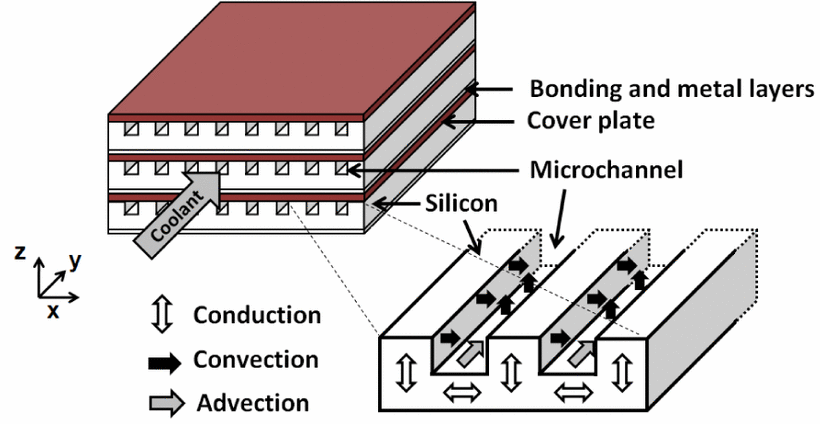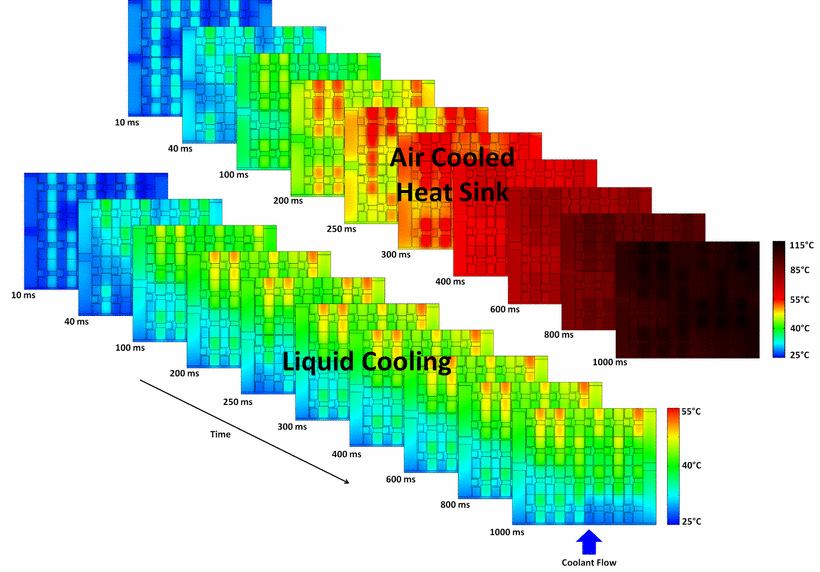EDITORIAL

You are cordially invited to participate in the next ReSMiQ Innovation Day on October 12, 2017, at Polytechnique Montréal. This activity, organized by our center, aims to provide visibility to the research work of students from Quebec in the field of microsystems among the members of the scientific community Québec. The call for projects announced across the province of Québec has resulted in the selection of a total of 16 projects, 2 from undergraduate students and 14 from graduate students.
The candidates for the competition will demonstrate their scientific and technical expertise to a panel of judges composed of many experts. The best 3 projects in both categories will receive a cash award. RID 2017 will also be an excellent opportunity to attend keynote presentations by two renowned speakers such as Jose M. de la Rosa from the Universidad de Sevilla and Hao Yu from the Southern University of Science and Technology in Shenzhen in China. We thank all of the students who submitted their project. We invite you to visit our web site (www.resmiqinnove.ca) for more details.
ReSMiQ is a group of researchers in an interuniversity research center that can count on the support of the Fonds de recherche du Québec – Nature et technologies (FRQNT) and nine (9) Quebec universities involved in microsystems research.
NEWS FROM OUR MEMBERS
Involvment
– Dr. Peter from Polytechnique Montréal is the program co-chair of the Conference on Optical MEMS and Nanophotonics 2018 (OMN) to be held in Lausanne, Swizterland, on the campus of the EPFL from July 29 to August 2, 2018.
More details
– Dr. Ait Mohamed from Concordia is the general co-chair of The 31st International Conference on Industrial, Engineering & Other Applications of Applied Intelligent Systems (IAE/AIE) to be held in Montréal from June 25 to 28, 2018.
More details
RESMIQ’S ACTIVITIES
Scholarships and financial support for graduate students
ReSMiQ financial support
APPLICATION DEADLINE: October 16, 2017
More details
International internship scholarship
APPLICATION DEADLINE: October 9, 2017
Contact É. Legua (eric.legua@polymtl.ca) for details
Financial support for conference participant
APPLICATION DEADLINE: October 30, 2017
More details
SIGNAL is the main monthly information medium of the Microsystems Strategic Alliance of Québec (ReSMiQ). This newsletter aims to be an active link between the members of ReSMiQ and all individuals who have an interest in research and innovation in microsystems. We commit ourselves to promote in it our members’ research and increase ReSMiQ’s visibility.
ReSMiQ is a group of researchers in an interuniversity research center that can count on the support of the Fonds de recherche du Québec – Nature et technologies (FRQNT) and nine (9) Quebec universities involved in microsystems research.





